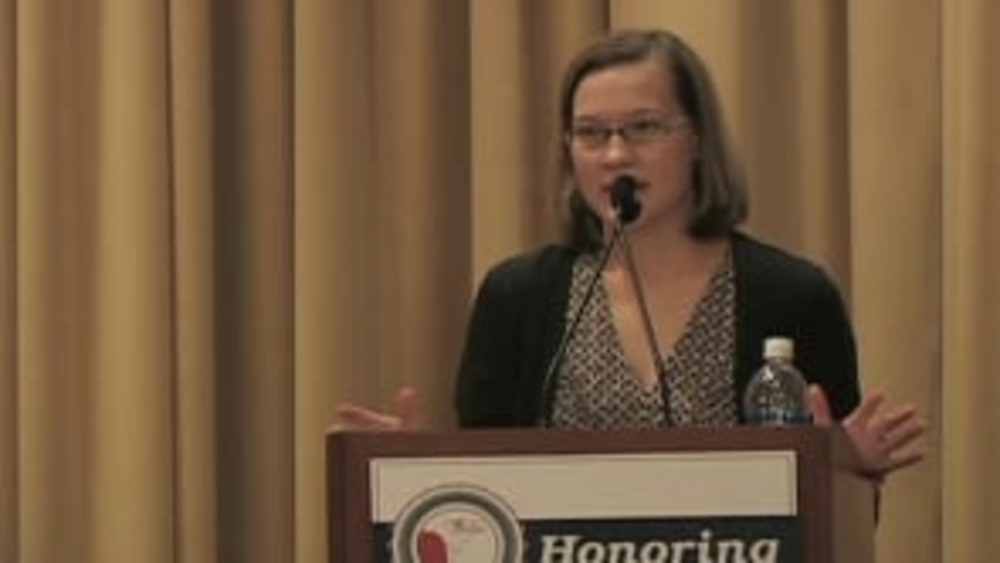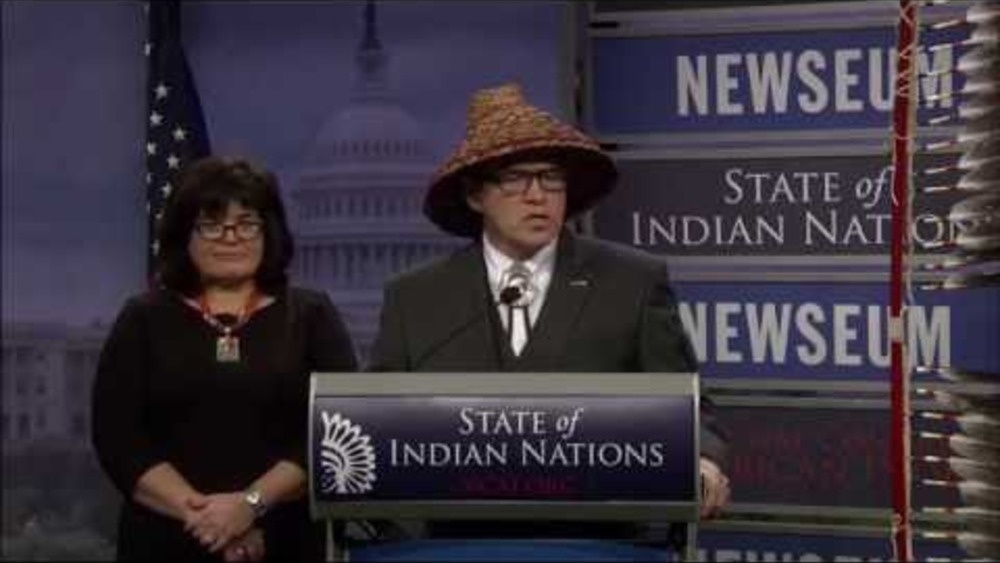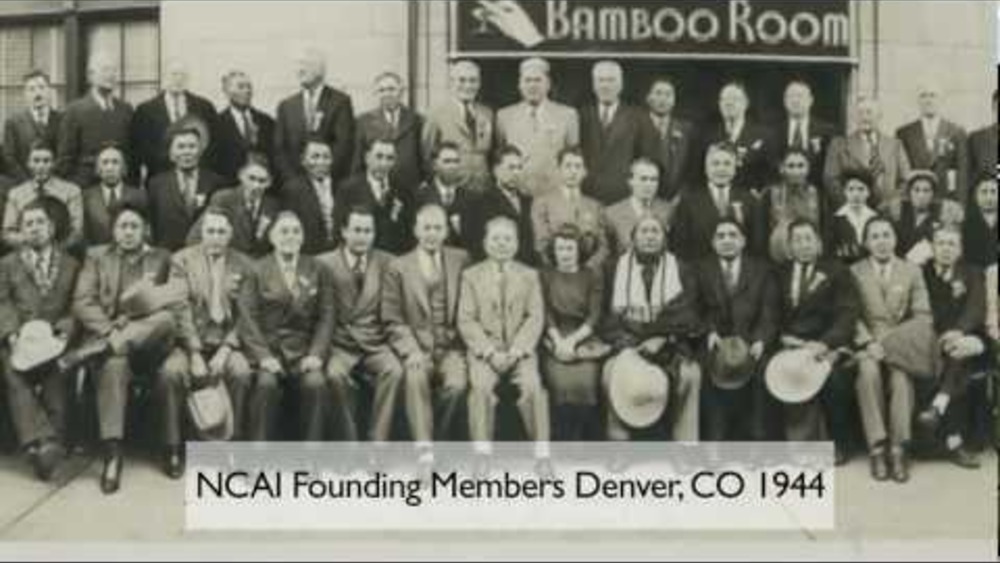Jefferson Keel, President of the National Congress of American Indians (NCAI) delivers the 2012 State of Indian Nations Address. The nationally webcast and radio address delivered just days after the 2012 State of the Union Address by President Obama, charts a path for tribes to play a vital role in building America's 21st-century economy. President Keel also serves as the Lt. Governor of the Chickasaw Nation. Republican Congressman Tom Cole (OK) an enrolled member of the Chickasaw Nation, delivered the Congressional response to the State of Indian Nations. The program includes remarks from Senate Committee on Indian Affairs Chairman, Senator Daniel Akaka (D-HI), and Vice Chair Senator John Barrasso (R-WY). The program concludes with a question and answer session with President Keel, the media, members of the live studio audience and those watching online.
Additional Information
"2012 NCAI State of Indian Nations - Full Program." National Congress of American Indians. Washington, D.C. 2012. Film. (https://www.youtube.com/watch?annotation_id=annotation_56586&feature=iv&src_vid..., accessed February 23, 2023)



